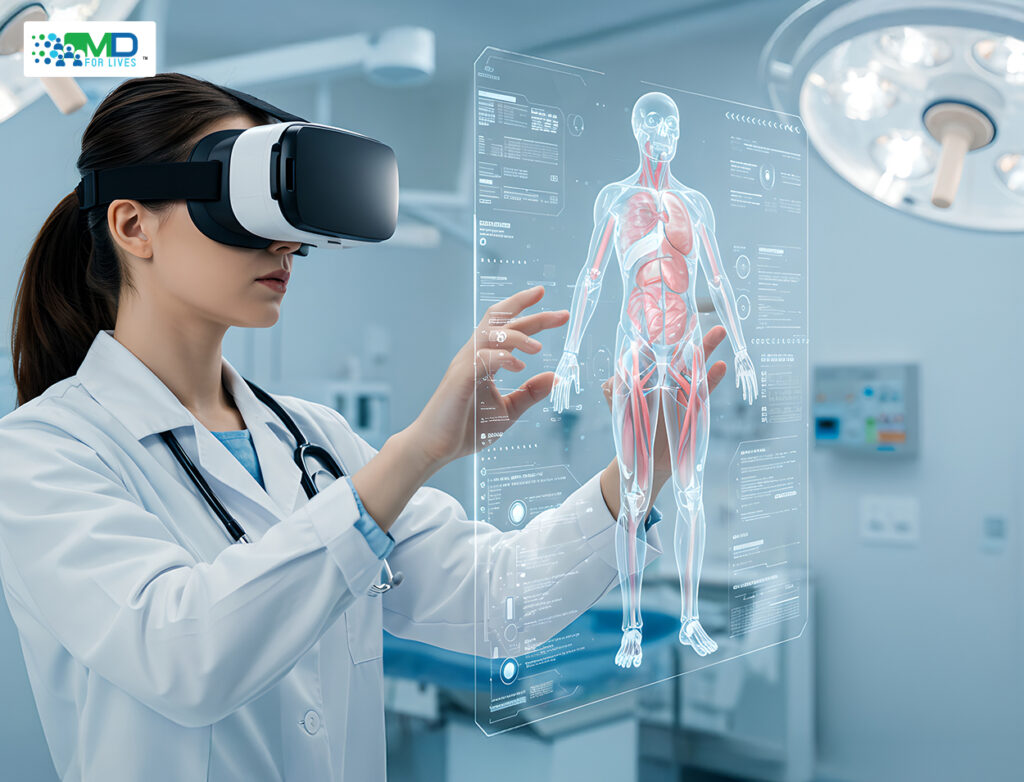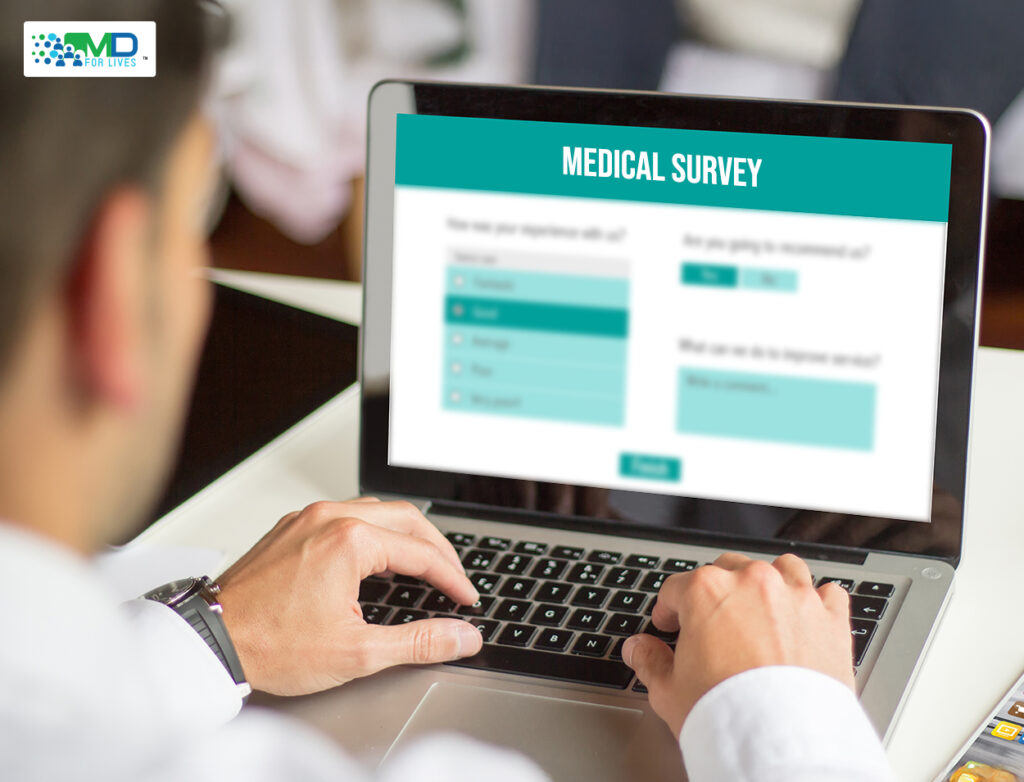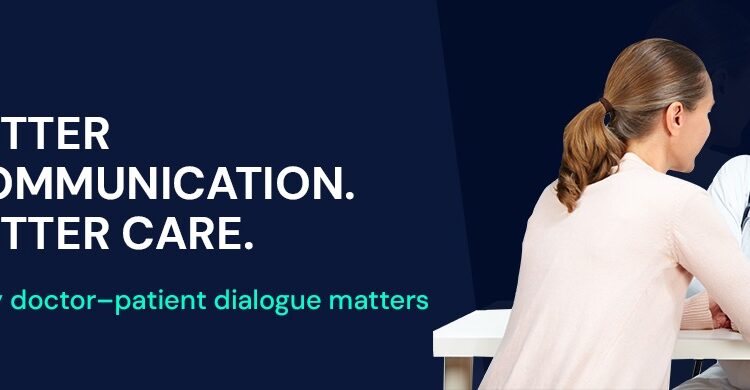The year 2020 brought about some unprecedented challenges to the healthcare sector and demanded rapid adaptation with informed decision-making. All established protocols were in question, and the whole world needed a miracle to avoid the fangs of the deadly COVID-19 virus.
After a few months of experimentation, we saw the emergence of Remdesivir medication, which was officially granted Emergency Use Authorization (EUA) by the FDA. Eventually, after months of collaborating with healthcare professionals, top healthcare brands came up with effective treatment strategies to combat the evolving strains of the virus.
This is a striking instance of how healthcare companies depend on accurate, practical knowledge to improve treatments. Therefore, they reach out to doctors who can provide firsthand insights that help shape drug development, medical devices, and patient care strategies. Plus, they pay them heftily for sharing their knowledge and expertise.
But why is that so? Let’s plunge into the blog to find the answers!
Reasons Why Top Healthcare Brands Rely on Physician Insights
Before we plunge any deeper, let’s understand the reasons behind renowned healthcare brands/companies relying on a healthcare professional’s insights.
Technical advancements have indeed brought about a radical transformation in the healthcare sector. Moreover, the rise of AI and machine-learning is also playing an active role in analyzing massive datasets for personalized medications. However, the interpretation and implementation of these insights require the expertise of healthcare professionals. That’s because at the core of healthcare, lies patient interaction, and complex medical judgments, which is best attained through the expertise of physicians.
How so? Well, they are the frontline professionals, who can rightfully understand the unmet requirements of their patients. Therefore, they can effectively articulate these needs in a way that encourages innovation. They are the ones to identify the limitations of existing treatments and can offer practical suggestions for healthcare R&Ds to come up with advanced healthcare solutions.
Surprisingly, it’s not just the pharmaceutical companies that depend on the valuable feedback of healthcare professionals. Medical device manufacturers, digital health firms, insurance providers, etc., also rely on the observations of physicians to refine their treatment offerings.
The healthcare sector has evolved at a solid pace. New diseases have emerged, treatment protocols got updated, and technological advancements reshaped how care is delivered. So, to stay ahead and remain effective in this competitive landscape, companies require ongoing insights. They need to understand how new regulations will impact practice, and how emerging technologies can be best integrated into clinical practice. This continuous need for input makes the partnership with healthcare professionals an indispensable part of the innovation cycle of medical companies.
How Do Frontline Professionals Help in Medical Innovations?
Now that you know the reasons behind healthcare brands consulting physicians, let’s take a look at how exactly does the procedure work out:
1. They help in advanced drug development and safety
Physicians play a vital role in drug development. They help provide crucial feedback on patient reactions and potential side effects of medications. Their real-time observations result in accurate dosage adjustments, which eventually enhances medication safety and efficacy. Hence, their direct feedback significantly improves the process of drug development, and patient well-being.
2. Their feedback leads to advancements in medical devices
Medical device manufacturers benefit significantly from a healthcare professional’s invaluable inputs. Their practical experience helps companies refine their device design, functionality, and usability. They provide thorough feedback on equipment performance, which ensures that the devices are efficient, user-friendly, and meet the demands of clinical settings.
3. They help develop treatment guidelines and protocols
Apart from drug and device development, medical professionals also contribute towards enhancing treatment guidelines and protocols. Their practical expertise contributes to updating clinical best practices. Through the incorporation of the latest research and practical experience, they ensure that medical treatments are standardized, effective, and tailored to patient needs.
4. They Help Train AI Models

The world of digital health and AI is absolutely fascinating, and it’s the doctors who help train AI models! Their clinical knowledge and expertise are essential for the development of accurate diagnostic and treatment recommendation algorithms. This collaboration ensures that AI tools are reliable, safe, and seamlessly integrated into practice.
Therefore, the involvement of medical experts in healthcare innovation stands as an integral part for effective medical advancements.
Instances of How Doctor’s Insights Make A Valuable Impact
Let’s take some real-world instances to understand the impact of a physician’s insight, and how it has helped top healthcare brands all along:
- Revolution in diabetes care through enhanced drug development
Physicians pinpointed limitations in traditional diabetes (Type-2) treatments on erratic blood sugar levels. This led to the creation of GLP-1 receptor agonists and SGLT2 inhibitors.
This class of medications offered superior glucose management and was also beneficial for cardiovascular and renal health. Healthcare companies utilized this observation to improve drug formulas and provide doctors with enhanced treatment strategies.
- Advancements in the usability of cardiac devices
Cardiologists and surgeons influenced a redesign of pacemakers and stents. These new designs offered ease of implantation and long-term efficacy. Their insights drove the development of miniaturized, leadless pacemakers and drug-eluting stents, which significantly boosted patient safety. Medical device manufacturers capitalized on this expertise to enhance product acceptance and build trust among medical professionals.
- Enhancements in wearable health technology
Physicians also played an instrumental role behind the enhancement of wearable health devices for heart rate, ECG, and sleep monitoring. Their clinical expertise and feedback helped medical brands refine device algorithms, which ensured reliable health data from smartwatches and fitness trackers.
This collaboration fostered confidence among users and expanded the wearables’ role in proactive healthcare management.
- Enhancements in telemedicine platforms
Doctors identified critical issues in initial telemedicine setups, which included challenges in remote diagnostics and patient interactions. Their feedback facilitated the development of superior video consultation platforms, integrated digital health records, and AI-powered symptom checkers. Telehealth companies adapted their systems based on healthcare professionals’ advice, which led to more efficient and accessible virtual care.
These are some of the solid reasons why healthcare companies value physician opinions so much!
How Do Physicians Work with Healthcare Companies
Have you wondered how healthcare professionals happen to collaborate with healthcare companies? Here’s how the process goes:
#1 They share their expertise via market research and focus-group discussions
Healthcare companies utilize data gathered from market research. This includes paid medical surveys, interviews, and focus groups, where physicians share their practical insights about their real-world experiences.
This approach helps explore unmet patient needs, and refine overall product development. Through direct engagement of physicians, companies make sure that their innovations align with real-world clinical demands and improve patient outcomes.
#2 They serve as consultants to advisory boards
Frontline professionals serve on advisory boards and act as consultants. They provide critical guidance on research, product development, and also contribute to strategic decisions. Their expertise ensures that healthcare innovations are clinically relevant and address practical needs.
Such a collaborative approach allows companies to leverage physician knowledge for effective and patient-centered solutions.
#3 They help evaluate clinical trials and post-market studies
Healthcare professionals are responsible for conducting clinical trials and indulging in post-market studies. This helps medical brands assess the real-world efficacy and safety of new treatment procedures.
A doctor’s involvement ensures rigorous evaluation and provides valuable data on patient outcomes. Hence, it helps refine therapies and establish evidence-based practices, thereby enhancing overall patient care.
#4 They help disseminate their expertise through training sessions and industry events
Physicians share their expertise at medical education sessions during industry events and training programs. This barter system of knowledge ensures healthcare professionals stay updated on the latest advancements and best practices.
Through this seamless transfer of valuable insights among their peers, physicians contribute to improved patient care and promote the adoption of innovative treatments.
The Advantages of Sharing Insights with Healthcare Companies
Healthcare professionals have to work under immense pressure, and operate under tight schedules. Hence, every moment is precious for them. However, participating in medical research surveys to assist healthcare companies takes up considerable time.
But, what are the benefits of this insight-sharing process with top healthcare brands? Let’s take a closer look:
- It directly impacts treatment advancements
Medical innovations occur via sharing expertise. The expert insights of healthcare professionals help develop newer treatments and technologies that meet real-world patient needs. This direct influence allows physicians to contribute to advancements that improve healthcare outcomes significantly.
- It calls for an additional income and enhances career opportunities
Time is invaluable for healthcare professionals. Therefore, their collaborations with healthcare companies pave the way for some extra income, and also improves their professional visibility. Their involvement in cutting-edge projects and industry events creates opportunities for career growth and helps create a broader professional impact.
- Expanding industry connections
Frequent engagements with industry leaders help build valuable professional networks for healthcare professionals. These interactive sessions open doors to new opportunities and fosters good relationships with key players in the industry.
Such strong and meaningful connections lead to future partnerships, research collaborations, and career advancement.
- Improving patient care through insights
A physician’s feedback ensures medical innovations meet clinical needs and enhance patient care. Their real-world insights help refine products and protocols, which directly translates to better treatment outcomes and more effective healthcare solutions.
Ethical Considerations for Physicians Participating in Paid Medical Research
Paid medical market research indeed brings a lot of benefits to the overall healthcare sector, and to healthcare professionals alike. However, maintaining the integrity of research is mandatory to foster patient trust. This requires physicians participating in paid collaborations to adhere to stringent ethical guidelines:
- Ensuring complete transparency
Ethical collaborations demand complete transparency. Therefore, a frontline professional must fully disclose all industry partnerships. This transparency helps build trust and prevents conflicts of interest. In the end, this transparency makes sure that medical research and contributions remain unbiased and patient-focused.
- Adherence to regulatory standards
Frontline professionals must also comply with strict regulatory guidelines to guarantee unbiased contributions. These rules ensure that their industry involvement does not compromise with medical integrity. Sticking to these standards helps maintain ethical conduct and protects the credibility of medical research and practice.
- Prioritizing patient care along with industry work
Participation in medical market research should complement, not hinder, clinical duties. Hence, doctors must balance industry work with patient responsibilities, and make sure that care quality remains unhinged. This balance ensures that professional activities enhance, rather than detract from, patient well-being.
Third-party market research platforms like us, MDForLives, have taken a step forward to ensure ethical participation. Our rigorous screening process involves meticulous verification of credentials of healthcare professionals to ensure they are qualified to provide expert insights.
Added to that, we also use questionnaires and screening processes to qualify panelists for specific studies, to make sure they have the relevant experience and expertise.
Healthcare Professionals: The Pioneers of Medical Innovation

Expert insights from doctors are indeed vital for the development of safer and more effective medical solutions. Their firsthand experience helps these professionals for a deep understanding of patient needs, and are instrumental in guiding the evolution of treatments and technologies.
That’s the reason why healthcare companies actively seek their contributions through various avenues, recognizing the immense value they bring to the table. Ultimately, frontline professionals extend their impact far beyond individual patient care. They are the architects of future medical breakthroughs, and therefore, deserve to be well-rewarded by top healthcare brands for their invaluable contributions.
So, do you want your insights and feedback to boost medical advancements and your own career? Register with us at MDForLives, and take a step forward to start making a difference today!
F.A.Qs
-
Why do healthcare brands pay physicians for their insights?
A healthcare professional’s expertise stands invaluable in understanding real-world clinical needs and patient experiences, which leads to developing patient-centered solutions. That’s why healthcare brands compensate physicians for their insights.
-
What kind of insights do physicians provide to healthcare brands?
Physicians provide insights related to drug efficacy, device usability, treatment protocols, and patient responses. They also offer feedback on the limitations of existing treatments, suggest improvements, and validate the clinical relevance of new technologies.
-
How do healthcare brands benefit from physician insights?
Healthcare brands develop more effective products that improves patient safety, and enhances market adoption. Physician insights help refine product design, and optimize treatment protocols. This translates to more profit for healthcare brands, and enhanced patient safety.
-
What is the most common method of payment for physicians?
The most common method of payment for physicians is through honorariums, which compensates them for their time and expertise. These payments acknowledge the value of their professional insights.
External References:
- https://go.drugbank.com/drugs/DB14761
- https://pubmed.ncbi.nlm.nih.gov/34216571/

MDForLives is a global healthcare intelligence platform where real-world perspectives are transformed into validated insights. We bring together diverse healthcare experiences to discover, share, and shape the future of healthcare through data-backed understanding.






